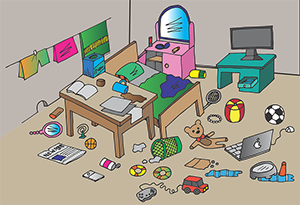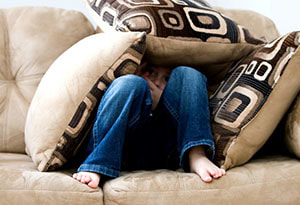
We often hear of trauma being "stuck in our bodies" and think that there is an extreme, cathartic process that takes place when undergoing body-centered therapy, i.e., Somatic Therapy. You may have heard of Somatic Experiencing and Hakomi, the more mainstream varieties. Many seek out these therapies to "remove or unblock trauma" as if it is an unwanted, vilified parasite, and we are inadequate until we do so. Similarly, we often judge ourselves or can be labeled by others as being stuck, tense, dissociative, or "not in our bodies." Many Somatic and other therapists suggest that the client "must get in their body" to be doing effective therapy. Outside influences often permeate, shrouding these concepts in shame and all-or-nothing dichotomies.






 RSS Feed
RSS Feed
